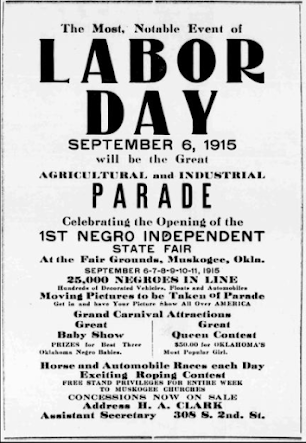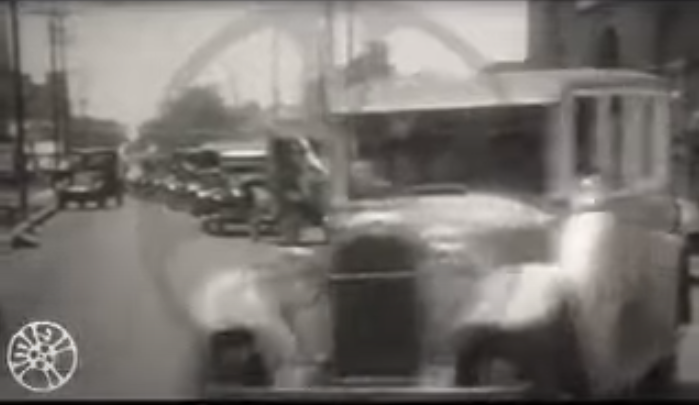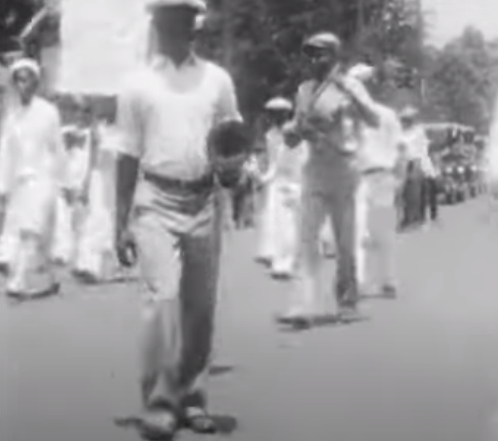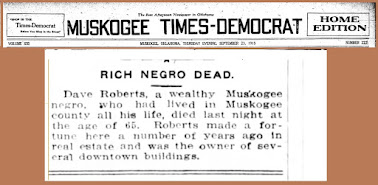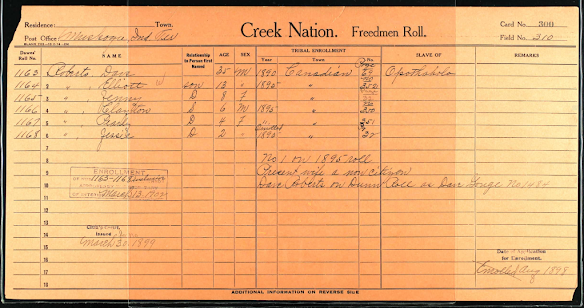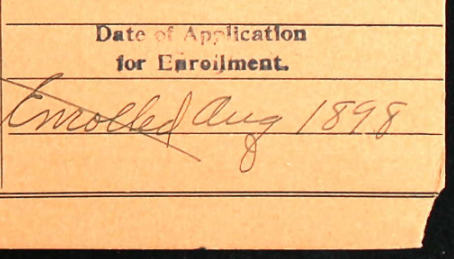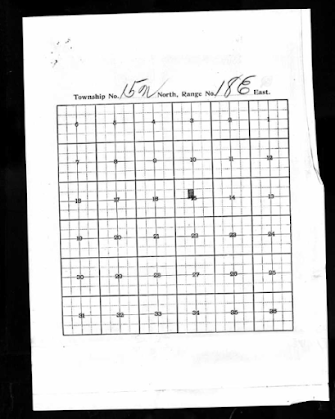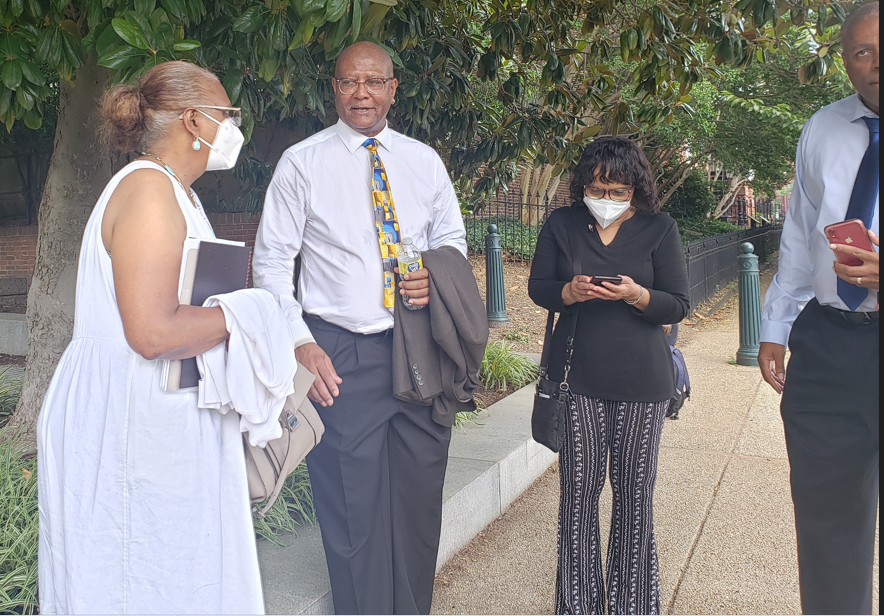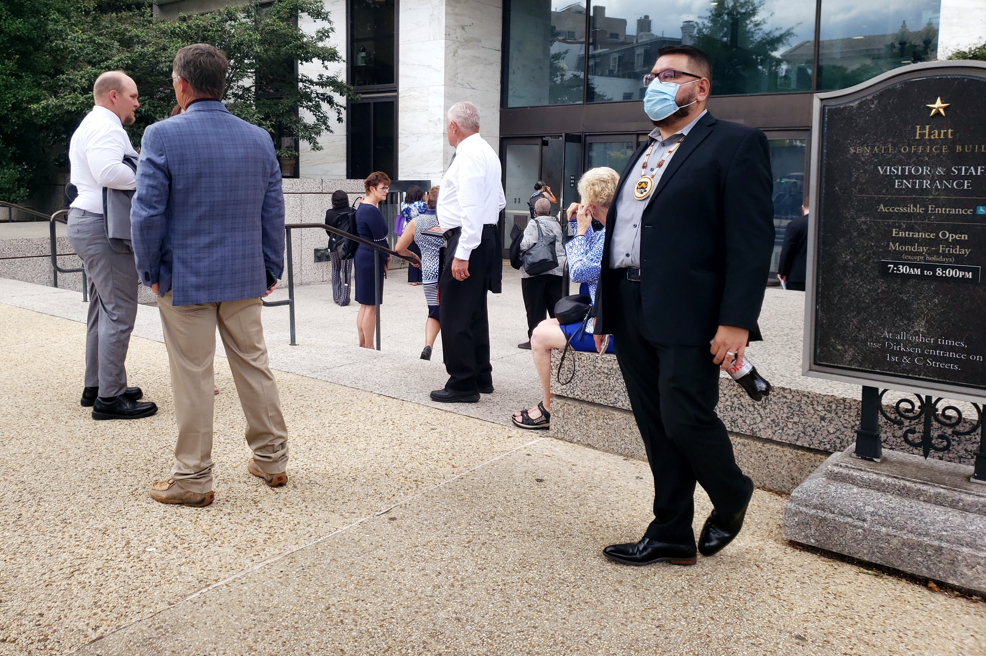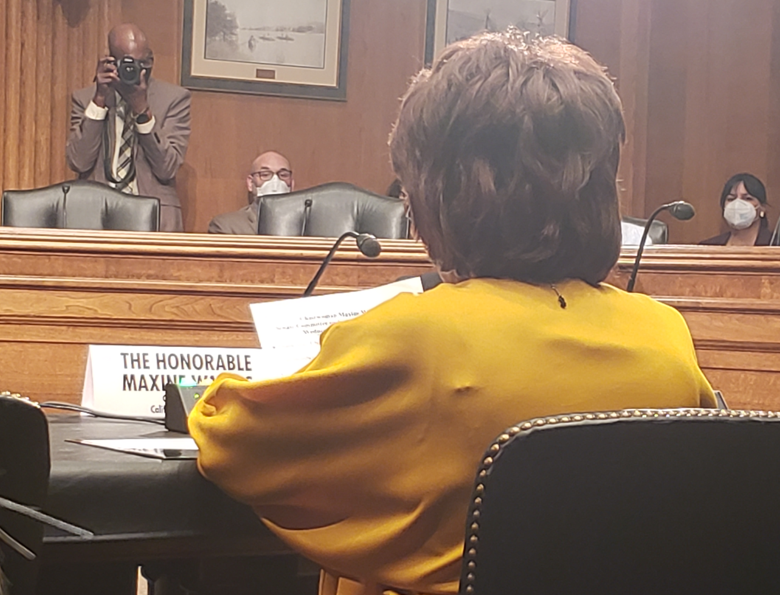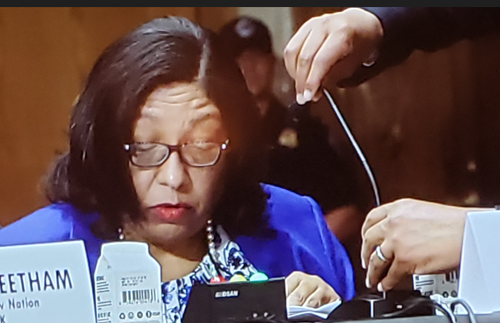When reading the interviews of Freedmen seeking to have their names placed on the Dawes Roll, most interviews were simply factual data recorded about their lives. So when expressions of tenderness and emotion appear from these interviews it is enough to make one pause and appreciate who the Oklahoma Freedmen were. They were men, they were women, they were people who had emotions and between many dared to express their love for their life partner to anyone who would hear it.
Therefore, on this Valentine's Day, it is worthwhile to share two examples of the love and passion that people shared for each other.
Joe Davis and His Love for Belle
During the Dawes Commission period, Joe Davis appeared in front of the Dawes Commission to apply for himself and his family. The usual questions were asked of Joe Davis. He answered questions about his earlier life, about his life when enslaved, and whether he was enrolled on the 1880 authenticated Cherokee Roll. He was asked if he was married, and when they married, and he produced a marriage certificate from 1876. He was asked if this was his first marriage:Q. Was Bell Davis your first wife?
A. Yes sir, she was the only woman I ever loved in my life.
Q. You love her yet, do you?
A. I love her yet, still harder.
This kind of tenderness is rarely seen in Dawes interviews, particular since many of the commissioners were known to be harsh and hostile to the Freedmen being interviewed. But the love of this man for his wife must be noted, for love is the greatest of all virtues.
Rachel and King Kernal A Union that Endured for Eight Decades
Their grandson, Phillip A. Lewis was a Creek Freedman who lived in the Muskoge area most of his life. He had a remarkable life, and in the 1930s much of his life was captured in the Indian Pioneer Papers. One of the stories about his family history stood out when he expressed the love between his grandparents, Rachel and King Kernal was shared. He told his grandmother Rachel's story the way he heard it as a child. Grandma Rachel's life with her husband began at a place of heartbreak and sorrow: a slave auction.
Rachel's story:
"When I was only a girl, I was taken to a slave market to be sold by a slave trader. Just before the sale, my attention was attracted by a very large young fellow in the crowd who seemed to never to be looking at anyone except me. Finally after working his way closer and closer to me, and the opportunity presented itself, he leaned over and whispered to me, 'If I persuade my master to buy you will you marry me?' As I looked up into his face, somehow, something made me say 'yes'. Without another word, he turned and dissappeard in the crowd.
"He was gone. I was bewildered and lost in a haze of jumbled thoughts. Who was he? To come to me to come to me from among the people, the greatest number of people I had seen in my life."
"Why had he said such words, received my answer and then disappeared as suddenly and mysteriously as he had came. What did it all mean? I could not understand."
"Then I saw him, head and shoulders taller than anyone else, making his way through the crowd in my direction, and as he came closer, I saw there was another man with him. They came near us and stopped, stood there together, looking in my direction, and after a short whispered conversation, they approached my master, and shortly, I was the property of a new master, who was the owner of the man to whom I had given the answer "yes", King Kernal.
"Our master took King and Me" to his place, and we were married immediately thereafter, though in slavery, we were happy. Our master was kind not to separate us during slavery time, and after we were made free people, only God Could separate us."
Though the next century their children and grandchildren would be tossed aside and expelled, due to the contemporary biases of color the descendants of both families have a strong legacy of families founded in unbreakable love. Both of these two stories reflect the humanity of a people discarded but whose humanity still shines forth.
".... but the greatest of these is love."
1st Corinthians 6:20

